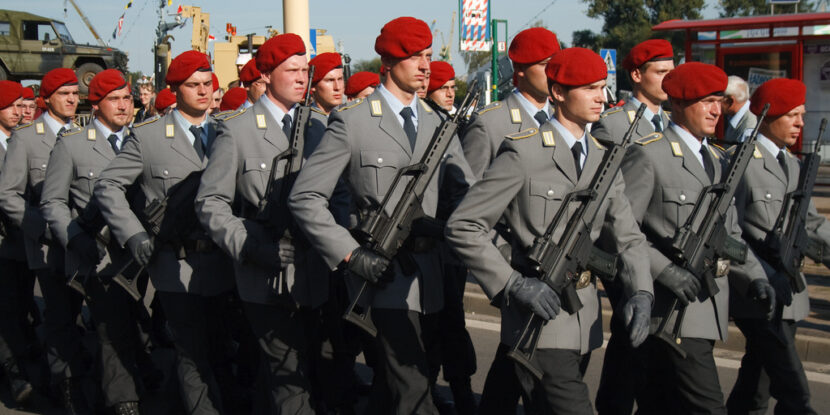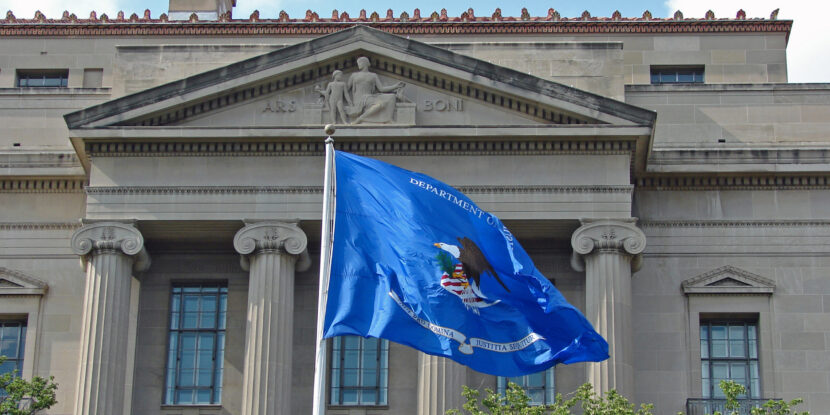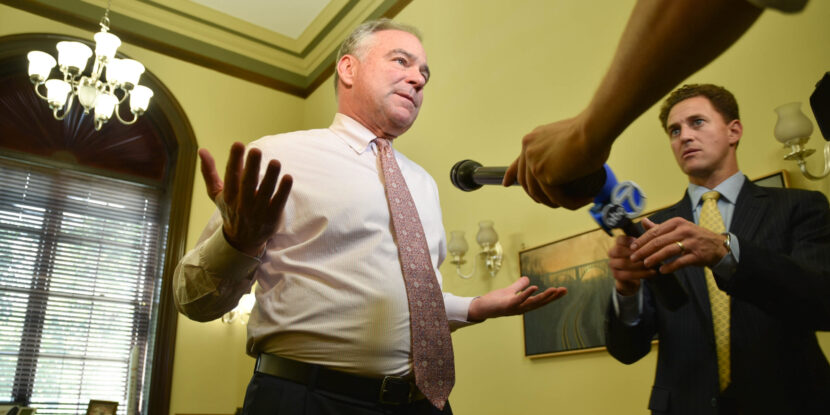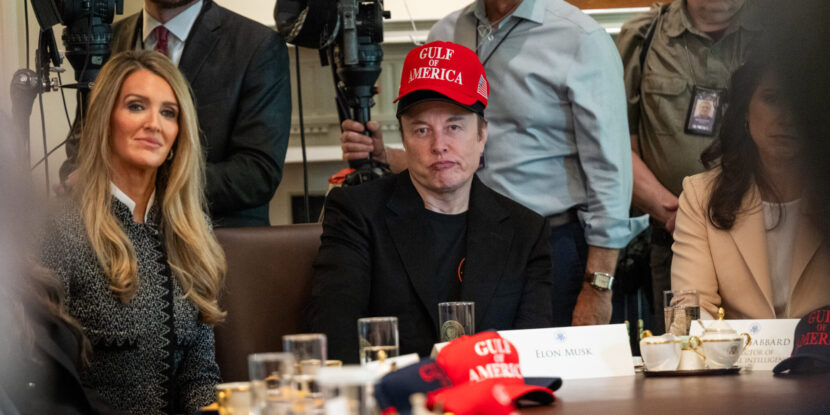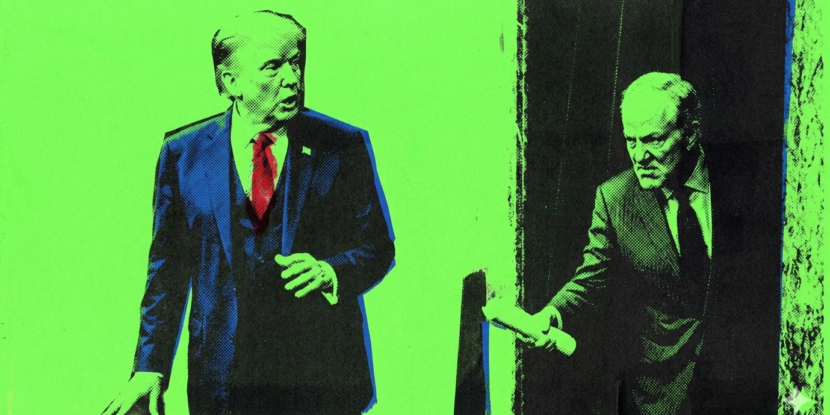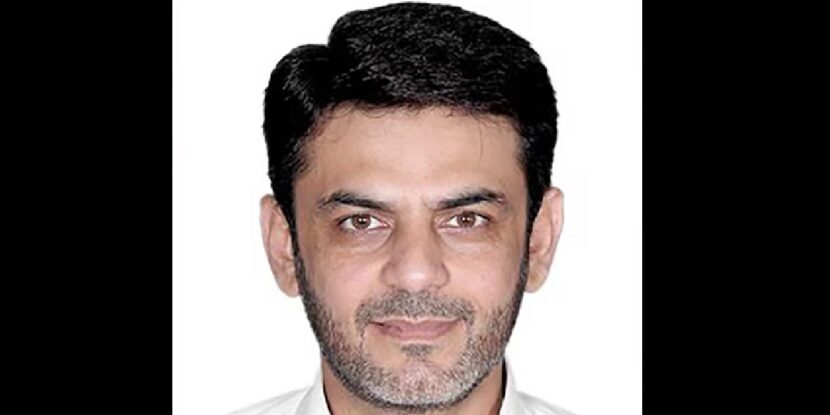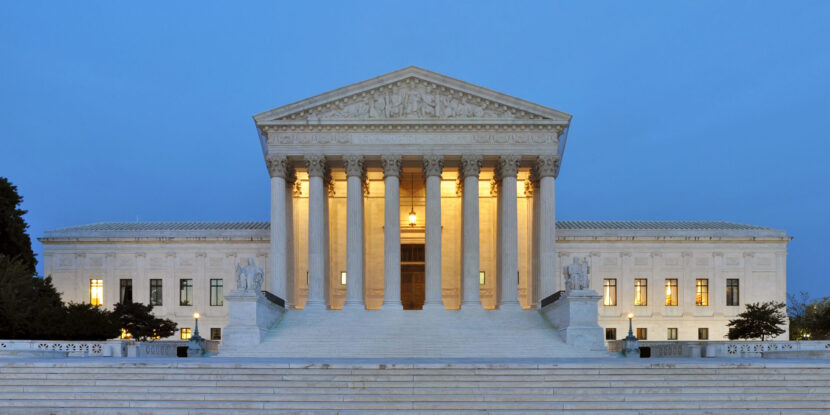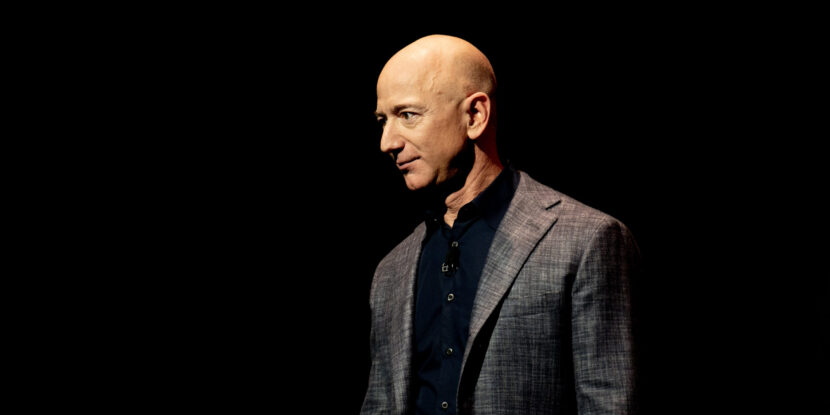PULSE POINTS:
❓What Happened: German Chancellor (Prime Minister) Friedrich Merz vowed to build “the strongest conventional army in Europe,” responding to President Donald J. Trump’s demands for America’s NATO allies to boost defense spending.
👥 Who’s Involved: Chancellor Merz, President Trump, German Defense Minister Boris Pistorius, and former Chancellor Olaf Scholz.
📍Where & When: Bundestag, Berlin, on Wednesday, May 14, 2025.
💬 Key Quote: “Strengthening the Bundeswehr is our top priority,” Merz declared. “The German government will provide all the financial resources the Bundeswehr needs to become Europe’s strongest conventional army.”
⚠️Impact: Trump’s pressure is reshaping NATO, pushing Germany to step up militarily. However, this may raise alarm bells in Russia and other countries that have historically fallen victim to German aggression.
IN FULL:
President Donald J. Trump’s relentless push for European NATO allies to pull their weight is yielding results, as German Chancellor Friedrich Merz pledged on May 14, 2025, to transform the Bundeswehr (Federal Defense Forces) into “the strongest conventional army in Europe.” Speaking to the Bundestag (federal legislature) in his first major address since taking office, Merz credited Trump’s blunt demands for shaking Germany out of its post-Cold War complacency.
“This is appropriate for Europe’s most populous and economically powerful country,” Merz told lawmakers, vowing to provide “all financial means necessary” to overhaul the long-underfunded Bundeswehr. “Our friends and partners also expect this from us. Indeed, they practically demand it.” This nod to Trump, who has questioned Washington’s NATO commitment unless allies such as Germany spend more, highlights the America First leader’s influence in forcing Europe to confront its security shortcomings.
Germany’s military, mocked for faulty equipment like grounded helicopters and inaccurate rifles, has lagged since the Cold War, relying heavily on U.S. protection—while enriching adversary states like Russia through substantial energy deals. Merz’s pledge builds on former Chancellor Olaf Scholz’s 2022 allocation of €100 billion ($112 billion) to meet NATO’s two percent of GDP defense spending target, but parliamentary commissioner Eva Hoegl recently warned the Bundeswehr still has “too little of everything.”
Merz’s “bazooka” funding plan, worth hundreds of billions, aims to reverse this, with orders for German-built submarines already in motion—though delivery will take years.
Merz claims that Russia’s ambitions extend beyond Ukraine, stating, “Anyone who seriously believes that Russia would be satisfied with a victory over Ukraine… is mistaken.”
“Strength deters aggressors, while weakness invites aggression,” he said, reaffirming support for Ukraine but clarifying Germany’s non-combatant stance: “[W]e are not a party to war, and we don’t want to become one.”
To rebuild troop strength, Merz announced a “new, attractive voluntary military service,” though Defense Minister Boris Pistorius hinted conscription could return if volunteer numbers fall short. “We will initially rely on voluntary participation,” Pistorius said, stressing “initially” as a deliberate caveat.
